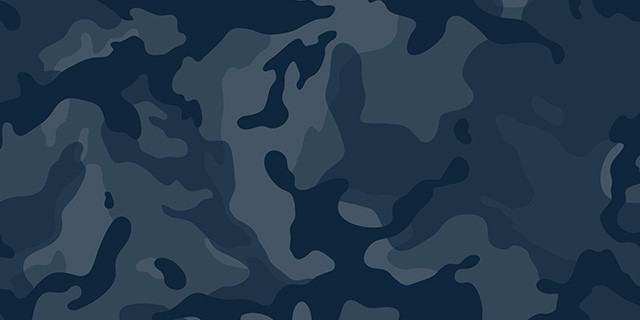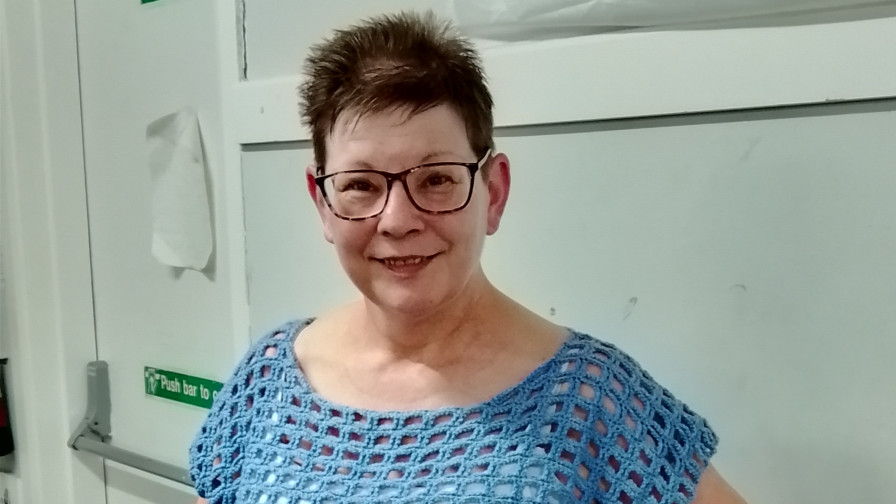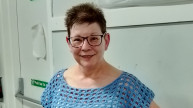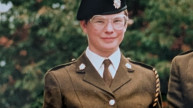Tracey's Story
“Treatment has totally changed my life.”
Severe bullying early on in Army veteran Tracey’s career left her with mental scars that wouldn’t heal. Plagued by PTSD but unsure what was wrong, it was only once she had our specialist treatment that her life began again.
“I’d always wanted to join the Army because I wanted to help people,” Tracey says. “I joined the Royal Logistics Corps at 18 – mainly to prove my mum wrong as she said I’d never do it.”
After completing basic training at the Army Training Centre Pirbright in 1994, Tracey was posted to Deepcut Barracks. “I was fighting for my life for about a year there,” she says. “It was the cause of a lot of trauma for me.”
She went on to serve for five years including postings to Bosnia and Cyprus, before completing a spell in the Reserves after leaving. However, her experiences were hard to forget. “It took almost 25 years for me to be diagnosed with PTSD,” she says.
“I didn’t think anything was wrong, but other people did. There were days I couldn’t get out of bed, I had to drag myself out. I was quiet, not talking to anybody and went into myself. I couldn’t sleep but when I did the nightmares were the worst thing.”
Tracey went to the doctor who tried to put her on medication, which she refused. Knowing she needed help she contacted Combat Stress and started treatment, but the Covid-19 pandemic disrupted that.
The pandemic escalated Tracey’s mental health issues, and she was medically retired from her job at a supermarket. “I went down a hole,” she says. “There was 50ft of rubbish above me and I was the bottom, unable to dig my way out. My confidence was non-existent.”
A friend of Tracey’s who’s also a veteran recognised that she was showing signs of PTSD and encouraged her to get help. So, in 2023 she called our Helpline again. After completing an assessment, Tracey started occupational therapy to help build her confidence back up, before moving onto treatment to help address her trauma. She’s now finished treatment and recognises the changes in herself.
“I can go on a bus on my own now which is a big tick for me,” she says. “I learned how to crochet to keep me in the present, so my mind doesn’t go back to things that happened. My therapist said on a down day even if I just have a shower or make my bed, that’s a big thing. I have a chart on my fridge which reminds what to do. I can look at it and think ‘I’ve done that today’ and it’s an achievement.”
Tracey now attends our Peer Support group meetings, where former servicemen and women come together to share their experiences of mental health issues. “The person who leads it is brilliant,” she says. “We probably crossed paths before, as we were in the same regiment and were in Bosnia at the same time. I like the banter you get with other veterans at Peer Support, it’s just not the same with civilians.”
Tracey is now raising money as a thank you for the help she received and urges other veterans to call our Helpline. “If you’re struggling, just call Combat Stress,” she says. “They helped me massively. Before treatment I wouldn’t have been able to go out – it’s totally changed my life. Other veterans need to know help is out there.”
September 25

Support Our Veterans
Donate to Combat Stress today!
Support UK Veterans: Every contribution counts.
Even a small donation can make a big difference in providing life-saving support to those who have given so much. Thankyou.






